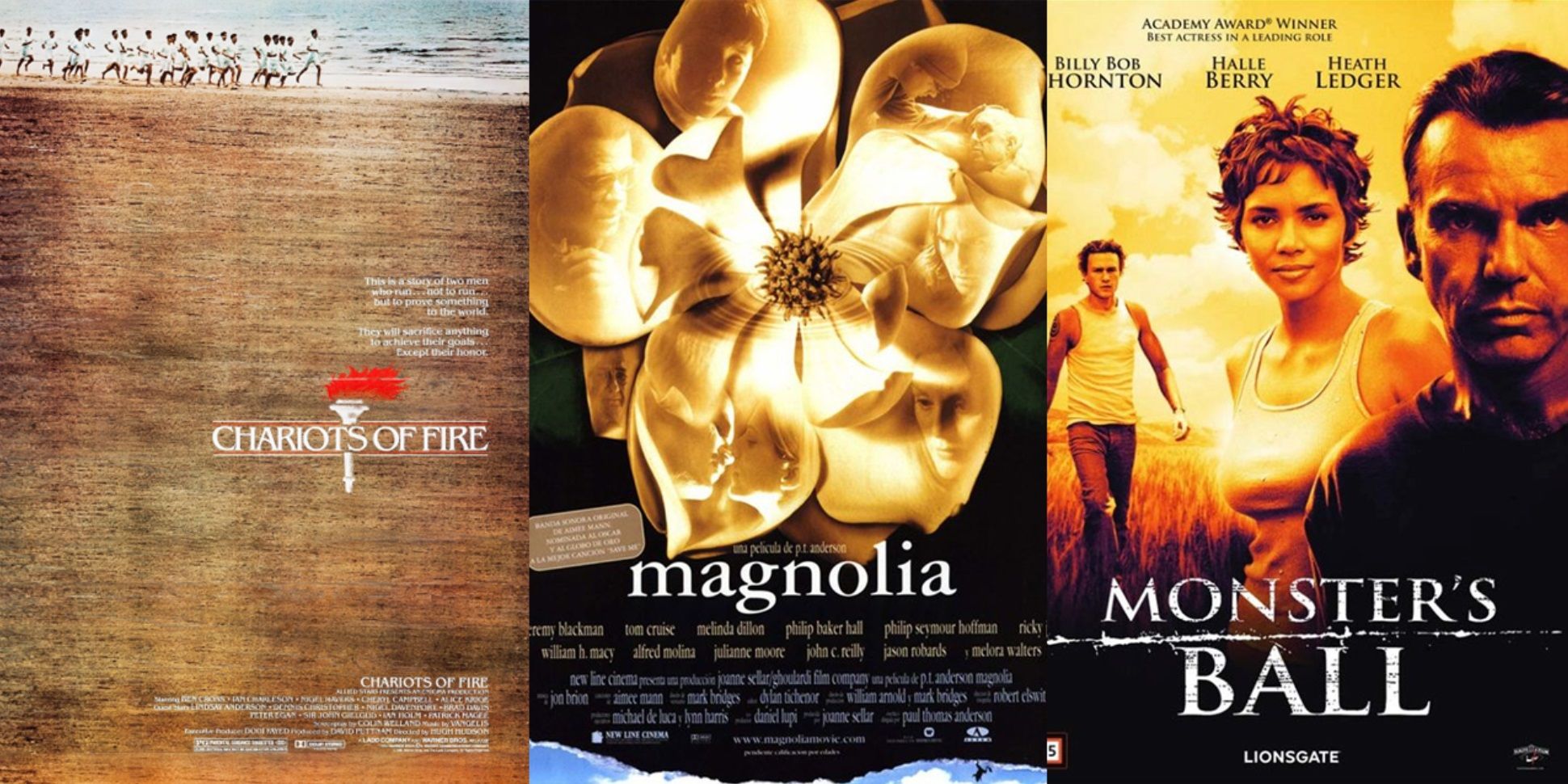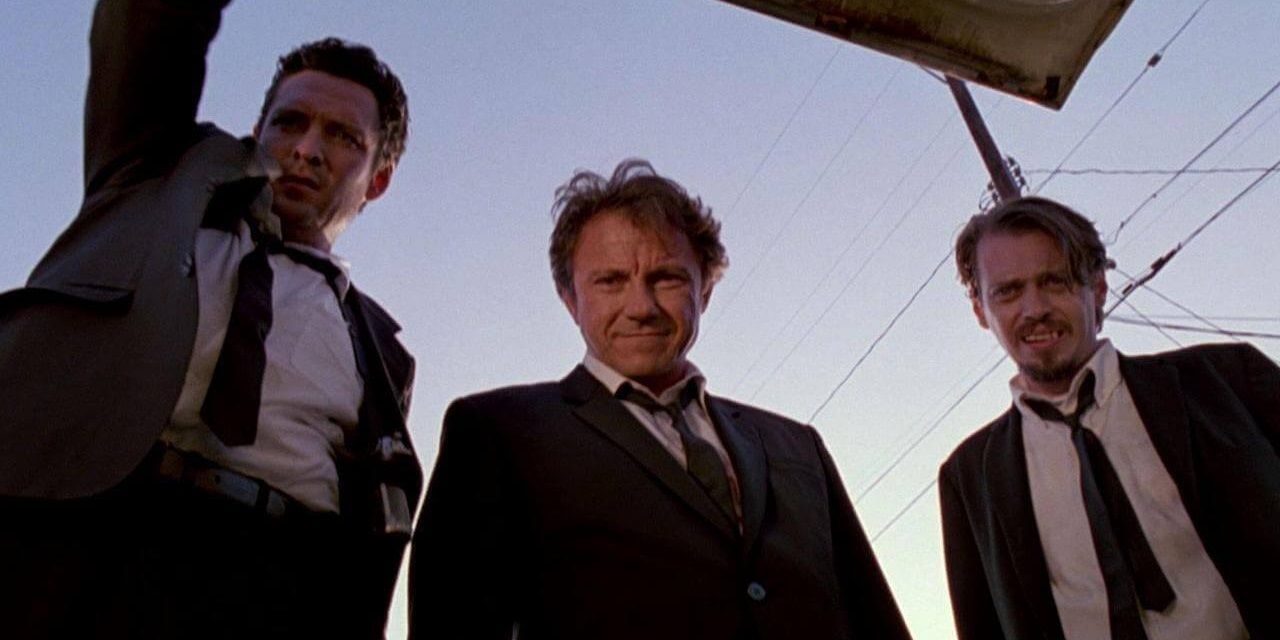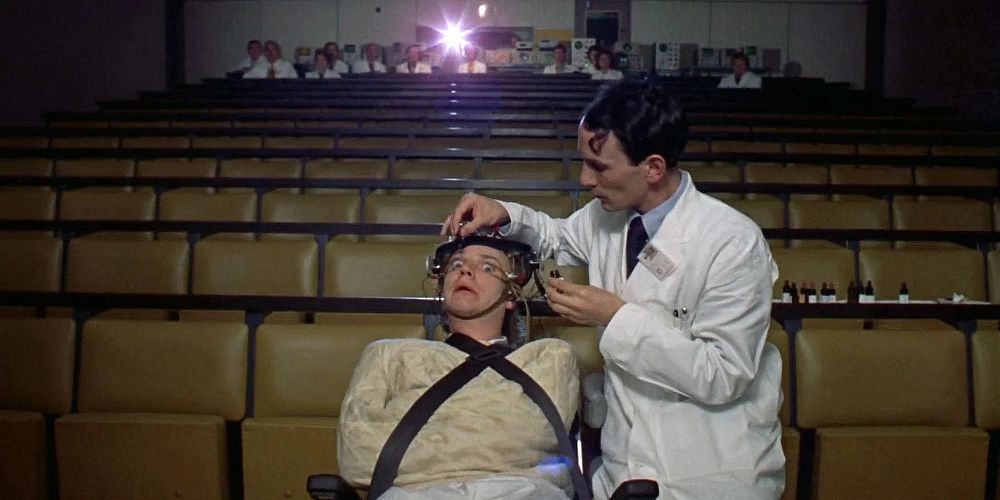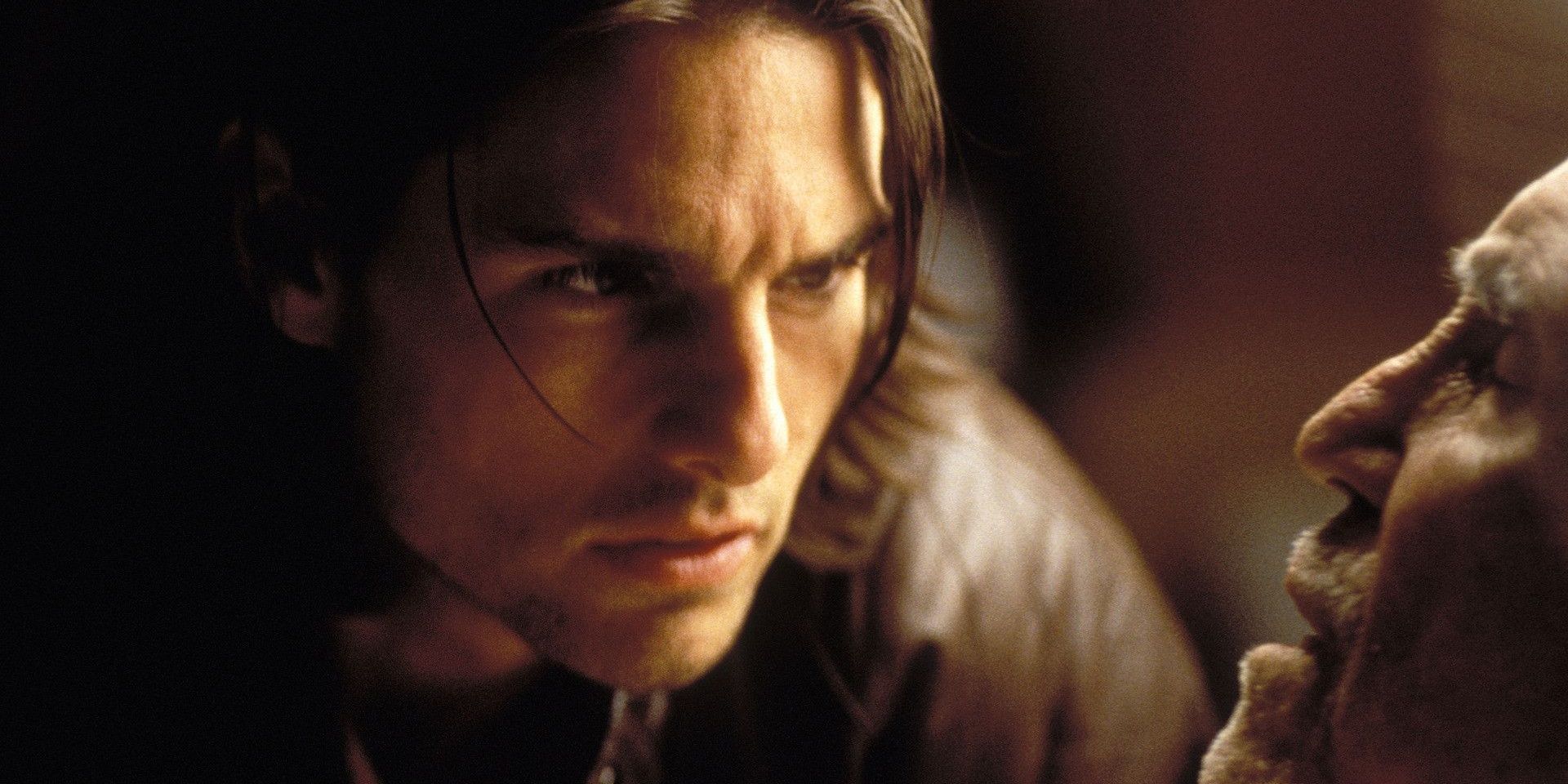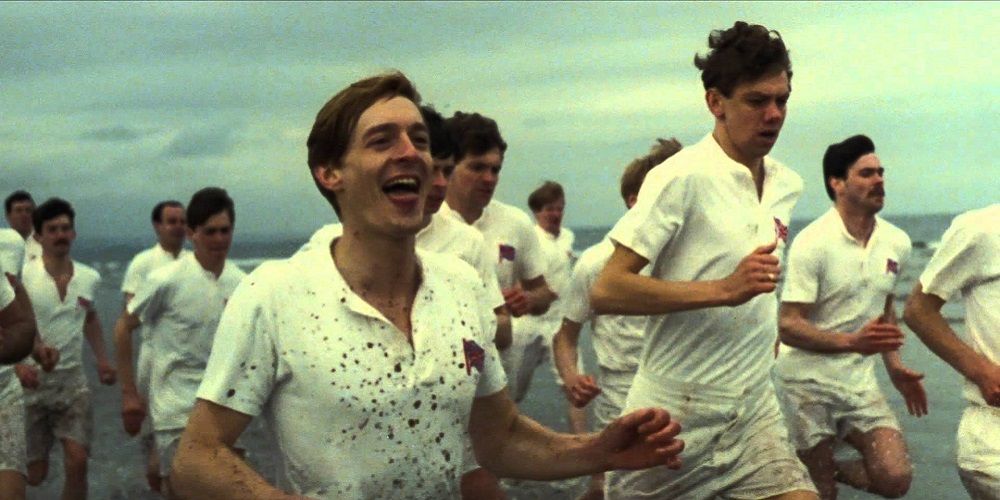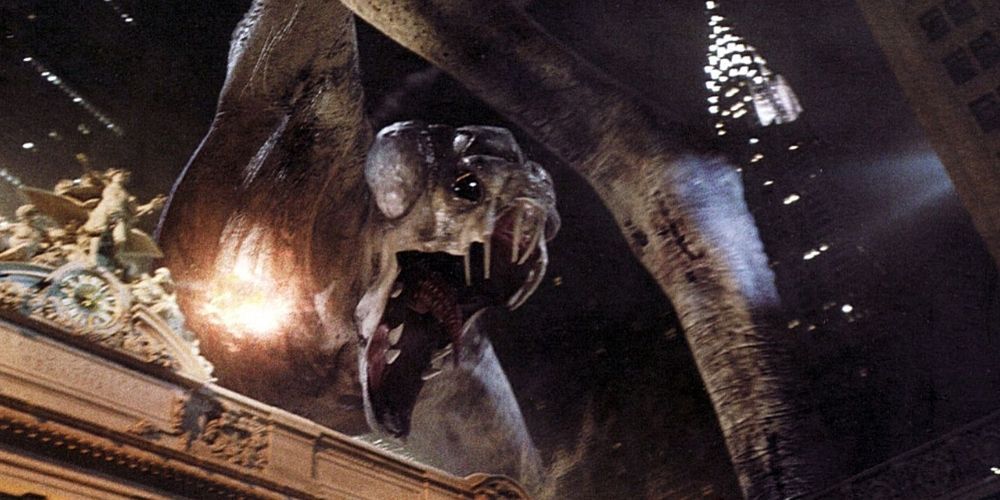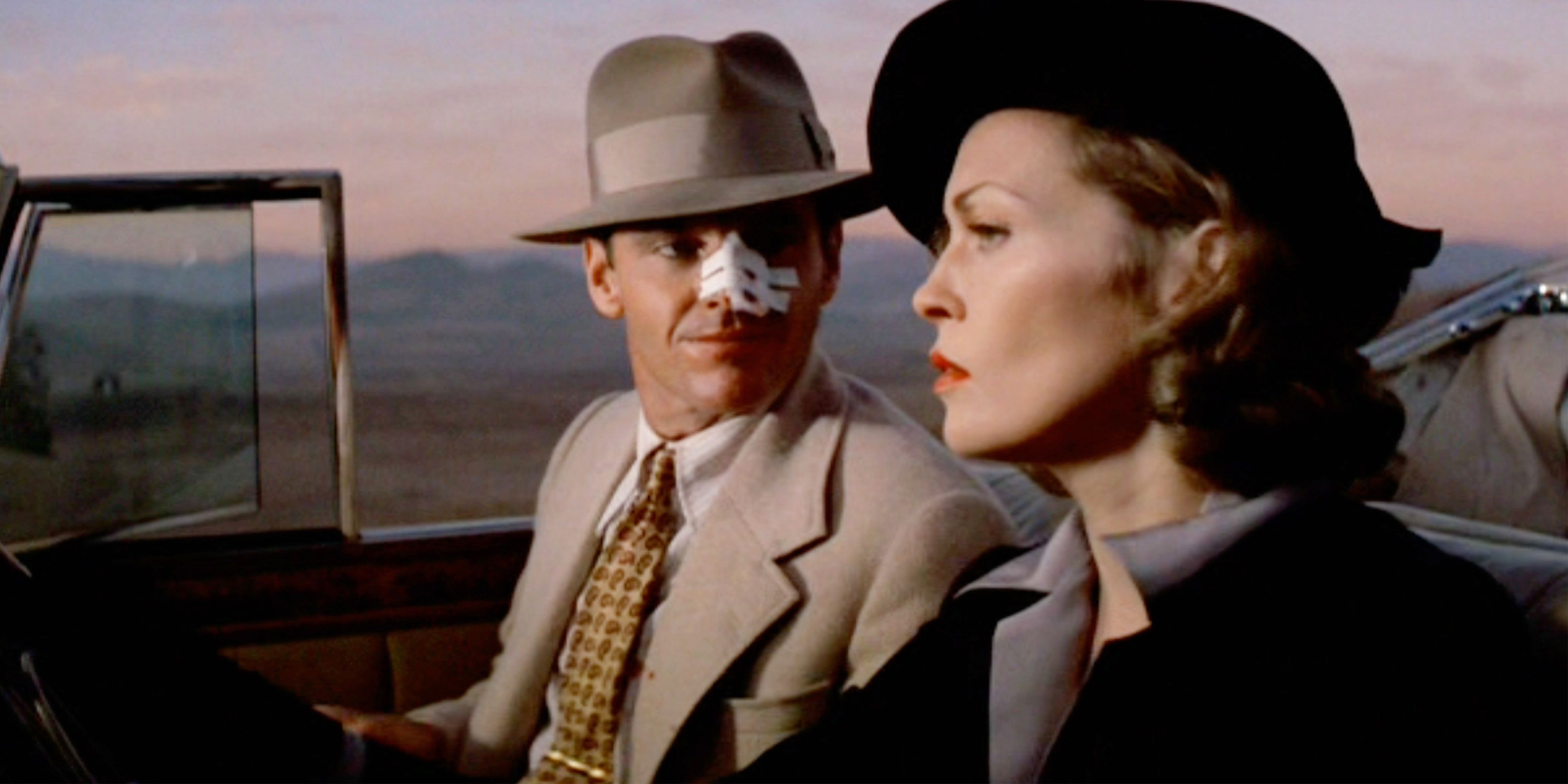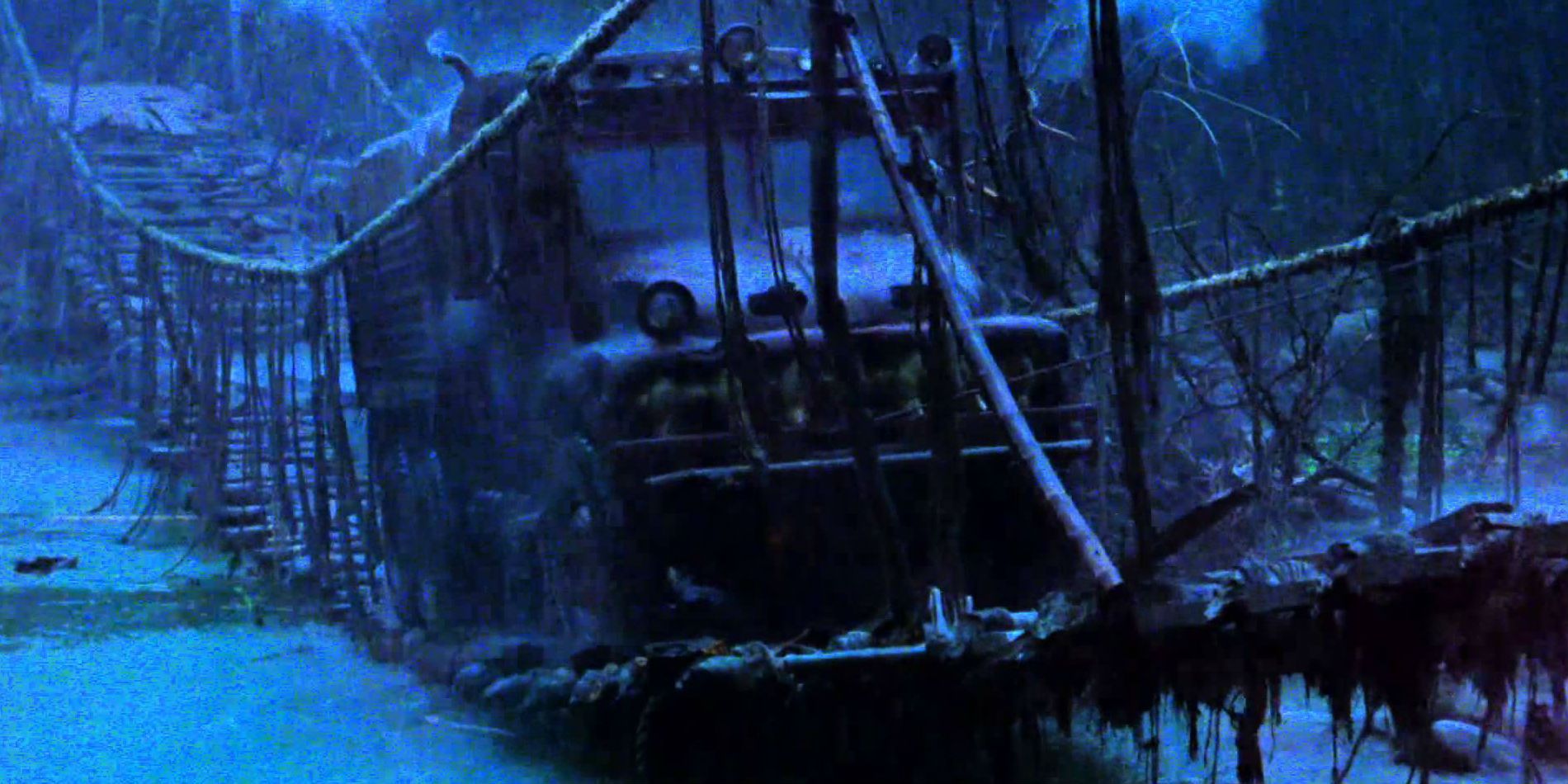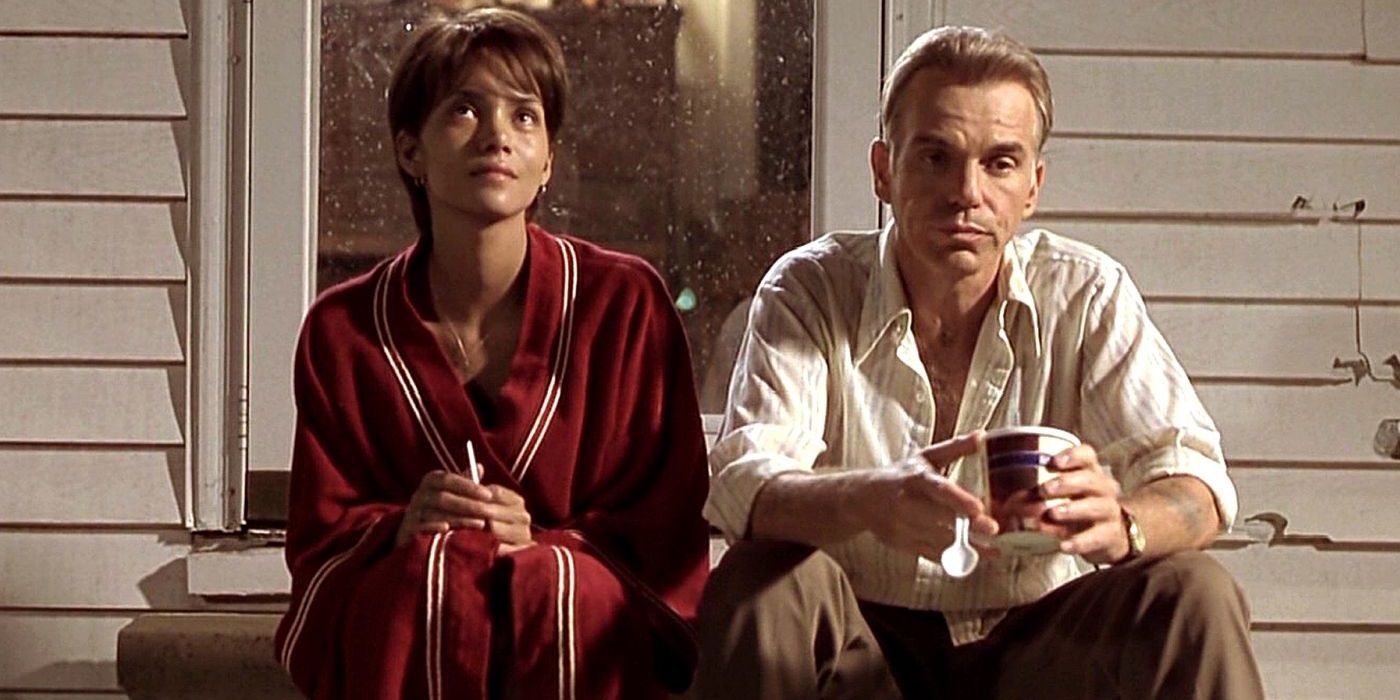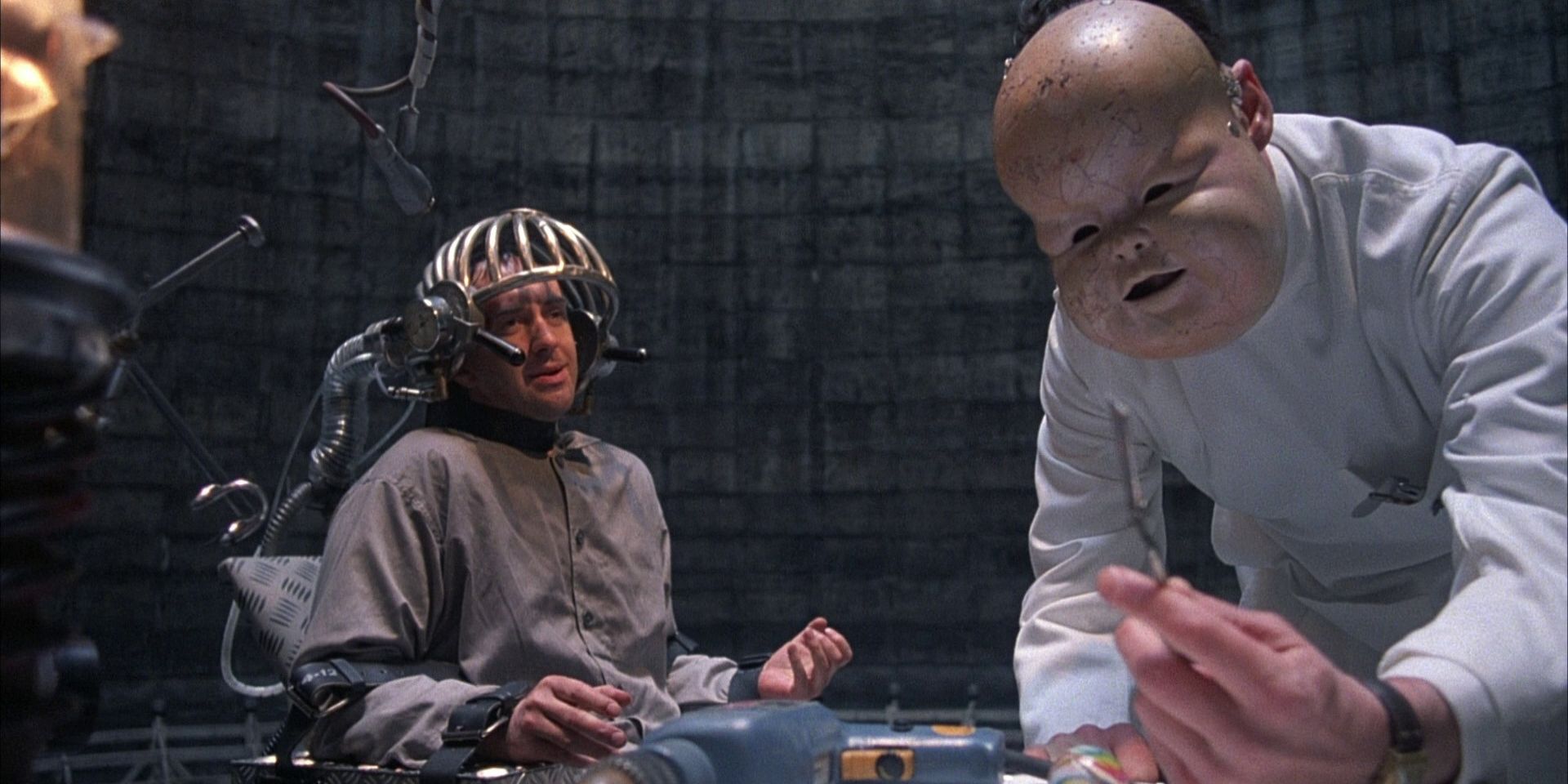A movie’s title is its first opportunity to grab the audience’s attention. Most movie titles are pretty clear with regards to what the movie is about: Kill Bill, Saving Private Ryan, The Assassination of Jesse James by the Coward Robert Ford. Other titles shroud the story in a bit of mystery to intrigue the audience: Get Out, When a Stranger Calls, Once Upon a Time in the West.
And some titles, like Reservoir Dogs, Chariots of Fire, and A Clockwork Orange, are completely abstract, arbitrary phrases that have nothing to do with the plot of the movie they’re attached to.
Reservoir Dogs
Quentin Tarantino’s debut feature, Reservoir Dogs, still holds up as one of his finest films. But the title has nothing to do with a jewel heist, an undercover cop, or a warehouse shootout. It’s just a cool-sounding title for a slick, stylish crime thriller.
There’s a widely circulated, possibly incorrect rumor that Tarantino conceived the title when he worked at the Video Archives rental store and heard a customer mispronounce the name of the French film Au revoir les enfants as “Reservoir Dogs.”
A Clockwork Orange
The title of Anthony Burgess’ dystopian sci-fi masterwork A Clockwork Orange – and, therefore, the title of Stanley Kubrick’s equally well-crafted film adaptation – was supposedly derived from an old Cockney slang term referring to a zesty living being (an “orange”) that has been made mechanical and soulless (or “clockwork”).
In this sense, the title refers to the lead character of Alex DeLarge, who is brainwashed and stripped of his individuality by the experimental “Ludovico Technique” rehabilitation treatment. But it’s still a pretty abstract title that prepares audiences for the many baffling Nadsat phrases they’ll hear throughout the movie.
Magnolia
The word “magnolia” refers to a shrub and the creamy-pink color of its waxy flowers, but Paul Thomas Anderson’s Magnolia isn’t about this shrub or the color of its flowers.
One of Anderson’s most polarizing films, Magnolia is a Robert Altman-style piece of hyperlink cinema chronicling the interconnected lives of a sprawling ensemble of disparate Los Angelenos.
Chariots Of Fire
Based on its title, Chariots of Fire sounds like an even more action-packed version of Ben-Hur with high-octane chariot races and intense gladiatorial duels. But that’s not what the movie is about at all.
Chariots of Fire is actually a sobering sports drama about a pair of British runners competing in the 1924 Olympics. One of them runs to overcome prejudice, while the other runs to feel the glory of God. Though the title is a religious reference, there are no chariots or fires in sight.
Cloverfield
Matt Reeves’ Cloverfield is one of the greatest “found footage” movies ever made. A giant monster rampages through New York as a group of friends desperately try to survive the attack, all while one of them documents the night on a camcorder.
In the world of the movie, “Cloverfield” is the codename assigned to the kaiju attack by the U.S. government, a la the “Manhattan Project,” but the title has nothing to do with the events of the movie.
Chinatown
One of the early neo-noirs that defined the cynical ‘70s-era revamp of the familiar film noir genre, Chinatown is as close to perfect as a movie gets. But its title doesn’t have anything to do with the story. Robert Towne’s impeccably crafted screenplay bounces all over southern California in a parallel with the real-life water wars.
Only one scene in the film actually takes place in Chinatown. The titular reference comes back around in the iconic final line: “Forget it, Jake, it’s Chinatown.”
Sorcerer
Despite what its title suggests, William Friedkin’s Sorcerer has nothing to do with wizards or warlocks or the supernatural. It’s actually about a bunch of truckers transporting a dangerous cargo – truckloads of aging dynamite deteriorating to the point of leaking nitroglycerin – across treacherous terrain.
“Sorcerer” is a nickname assigned to one of the trucks, but that’s a pretty tangential link. While Sorcerer was dismissed by contemporary critics, it’s since been re-evaluated as a masterpiece.
Monster’s Ball
The title Monster’s Ball sounds like a family-friendly Hotel Transylvania-style animated movie about an annual dance attended by Count Dracula, Frankenstein’s monster, and the Wolf Man. But it’s actually a harrowing tragedy about a prison guard who falls for the widow of a convicted murderer he executed.
Halle Berry won a much-deserved Oscar for her performance as the widow opposite the similarly brilliant Billy Bob Thornton as the prison guard.
Brazil
With a title like Brazil, audiences probably went into Terry Gilliam’s cult classic expecting to see some action in the titular South American country. But it’s actually a dystopian satire in the vein of George Orwell’s Nineteen Eighty-Four.
The former Python’s gonzo sci-fi epic is a spot-on lampoon of bureaucracy. Brazil bombed at the box office, but it’s since become a cornerstone of cult cinema.

